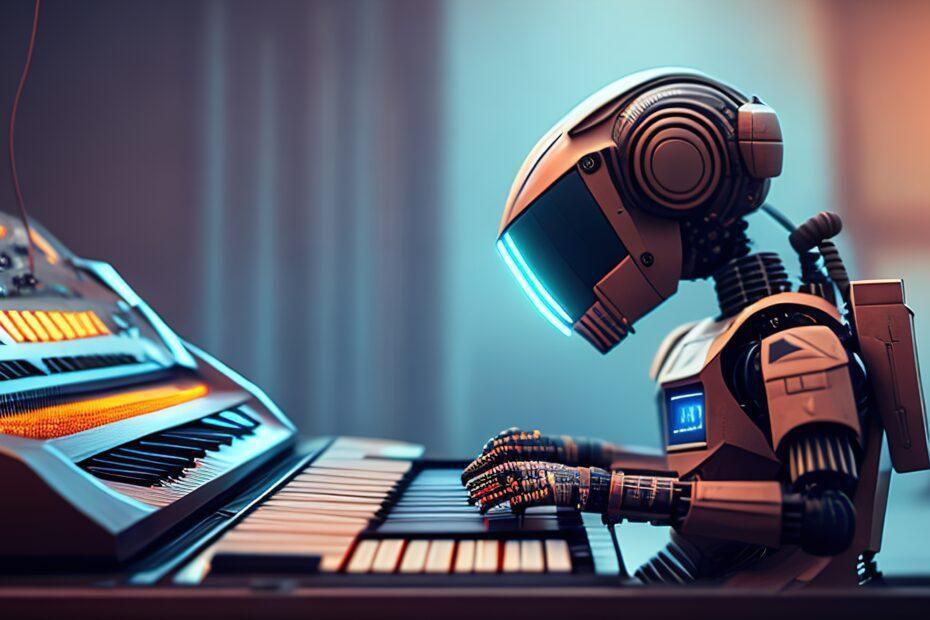The development of artificial intelligence (AI) in music production has been very interesting and exciting in recent years. AI technologies are used to explore and improve various aspects of the music production process, from composition and sound design to mixing and mastering.
One of the most well-known applications of AI in music production is the generation of music. AI models can be trained on large data sets of existing music and then generate original music material based on that knowledge. This has the potential to be useful for composers and producers who want to experiment with new ideas or quickly generate music for background music, soundtracks or other purposes.
AI is also used to improve sound quality and sound experience. There are tools that can analyze and improve audio mixes automatically by balancing volume levels, removing noise or correcting frequency response. This can be of great help to sound engineers and producers.
Furthermore, there are also AI-based tools that can help with sound design, such as generating realistic sound effects or synthesizing new sounds based on given input. This can be useful for game developers, filmmakers and music producers who want to create unique and engaging audio experiences.
Although AI has made significant strides in music production, it is important to note that human creativity and artistic interpretation still play a crucial role in the world of music. AI tools can be useful tools and sources of inspiration, but it is still up to human intervention and creativity to create truly unique and meaningful music.

